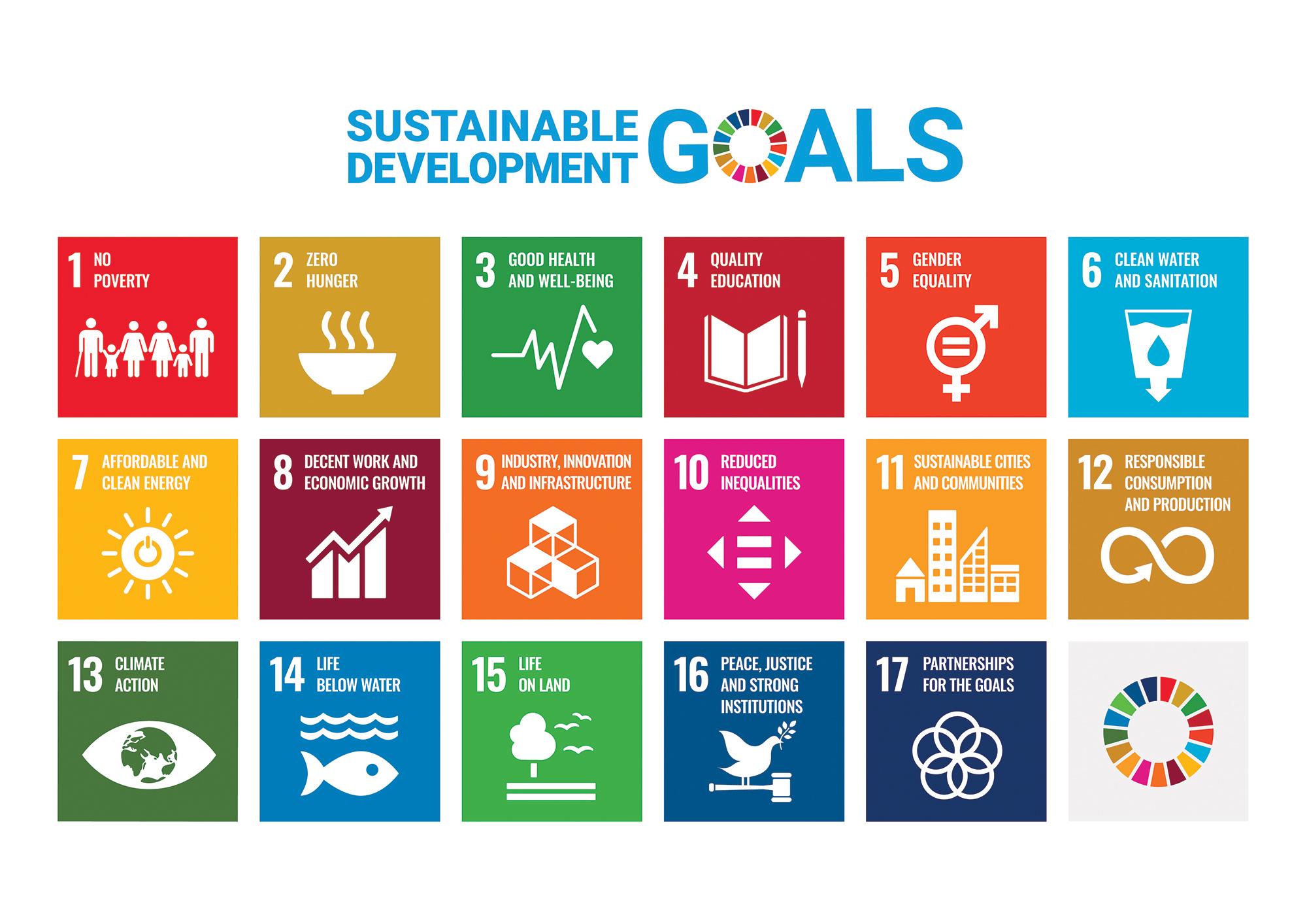Sustainable development is an approach to growth and human development that aims to meet the needs of the present without compromising the ability of future generations to meet their own needs.The aim is to have a society where living conditions and resources meet human needs without undermining planetary integrity.Sustainable development aims to balance the needs of the economy, environment, and social well-being. The Brundtland Report in 1987 helped to make the concept of sustainable development better known.
Sustainable development overlaps with the idea of sustainability which is a normative concept.UNESCO formulated a distinction between the two concepts as follows: "Sustainability is often thought of as a long-term goal (i.e. a more sustainable world), while sustainable development refers to the many processes and pathways to achieve it." There are some problems with the concept of sustainable development. Some scholars say it is an oxymoron because according to them, development is inherently unsustainable. Other commentators are disappointed in the lack of progress that has been achieved so far.Part of the problem is that development itself is not consistently defined.
The Rio Process that began at the 1992 Earth Summit in Rio de Janeiro has placed the concept of sustainable development on the international agenda. In 2015 the United Nations General Assembly (UNGA) adopted the Sustainable Development Goals for the year 2030. These development goals address the global challenges, including for example poverty, climate change, biodiversity loss, and peace.

